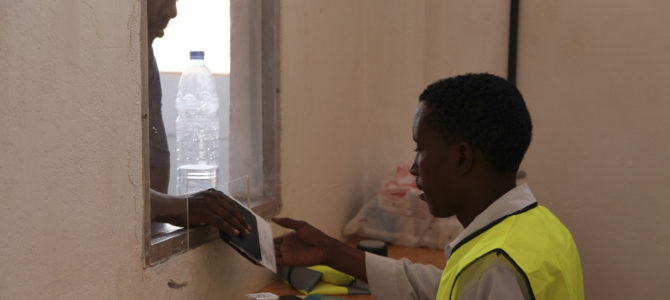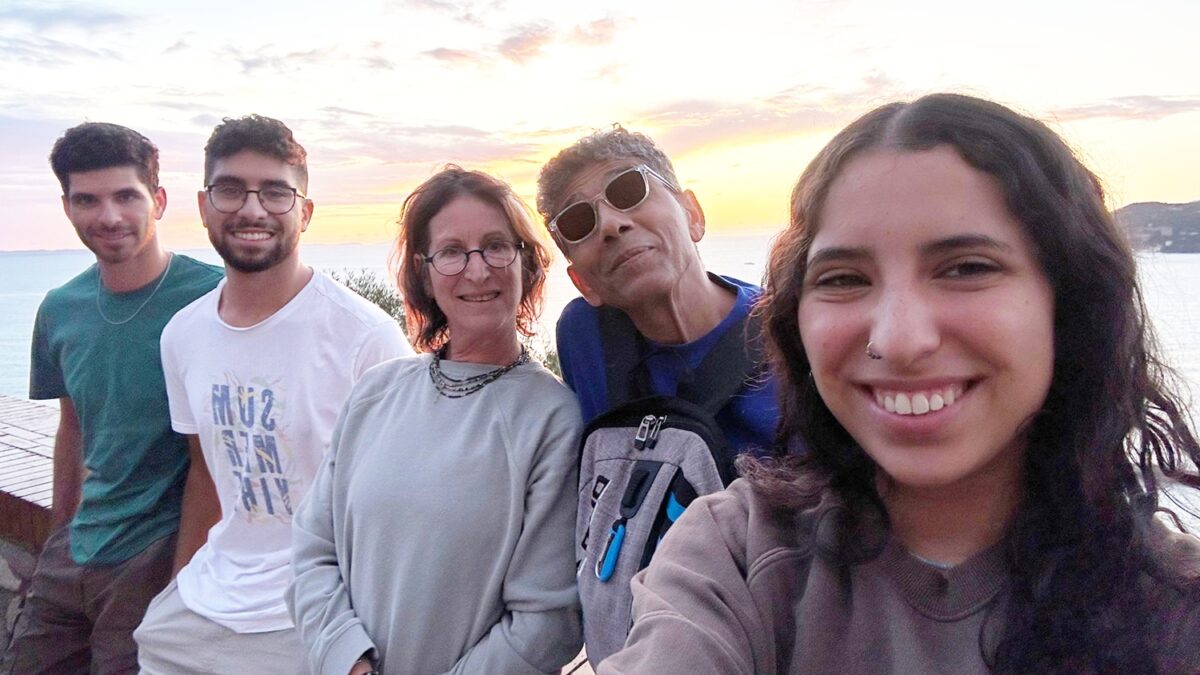
Americans want to fix to our immigration crisis, but seem to hear little but seemingly unappetizing solutions. Deport millions or undermine the rule of law by rewarding unauthorized migrants with residency or citizenship. Build a wall or have a porous border with Mexico. The country is divided on these difficult questions, and it seems as though our politicians have given up on trying to find areas of consensus.
As a former foreign service officer who has screened thousands of visa applications, I’ve toiled deep inside the bowels of our broken immigration bureaucracy. The bad news is that the system is even more dysfunctional than most Americans realize.
The good news is that even if we can’t build a consensus on the wall and deportation policy, there are steps we can take to right the ship that cost little, if anything, to implement. Here are five essential steps toward restoring integrity and common sense to our immigration strategy.
1. Repeal Birthright Citizenship for Birth Tourists
I often had to renew or replace U.S. passports for American citizens who have never lived in the country and could not speak the language, despite our regulation that foreigners must be able to speak, read, and write English to naturalize as U.S. citizens. Many were honest about the fact that their mothers traveled to the United States to give birth here so they could get U.S. citizenship.
While it’s debatable whether the children of illegal immigrants born in the United States should automatically be granted American citizenship, there is no reason to grant the children of temporary visitors who have no domicile in the country U.S. passports. We already have one exception to birthright citizenship—the children of foreign diplomats born here aren’t entitled to U.S. passports—so there is no reason we can’t create another. The Fourteenth Amendment says, “All persons born or naturalized in the United States, and subject to the jurisdiction thereof, are citizens of the United States and of the State wherein they reside.” Since foreign tourists do not have a residence in the United States, we should be able to create a statutory fix to this problem—perhaps a clarification on the definition of domicile for purposes of citizenship—so it shouldn’t be necessary to amend the Constitution.
No other wealthy country save for Canada still has birthright citizenship, so it’s time for us to join the rest of the developed world in changing this policy.
2. Tougher Screening for Visitors
The popular notion that it’s very difficult to get a visitor’s visa (B1/B2) visa to the United States couldn’t be more wrong. Worldwide, about three-fourths of all visa applicants are approved, and, remember, citizens of the world’s richest countries come here under the visa waiver program, so the bulk of tourist visa applicants come from developing countries like Mexico, where the issuance rate was 77 percent last year.
High issuance rates in other developing countries are even more surprising— Turks enjoyed an astonishing 87 percent issuance rate, and in the Philippines it was 73 percent. Also, 55 percent of Iranians, 62 percent of Ethiopians, 72 percent of Egyptians and 69 percent of Dominicans were approved.
A 2015 study published by the Center for Migration Studies calculated that visa overstays have outnumbered illegal border crossers since 2008, and other estimates concluded that close to half of the 11-12 million illegal immigrants currently in the United States arrived with valid non-immigrant visas. The law gives my former colleagues wide latitude to deny applicants who aren’t legitimate tourists, but the State Department’s approach to visas is long on diplomacy and placating the travel industry and short on law enforcement.
3. Crack Down on Visa Abuse Stateside
Visitors who arrive from rich nations on the visa waiver program are typically granted a 90-day stay, but tourist visa holders from developing countries get 180 days and are eligible for up to two extensions. So some “tourists” can stay in the country for up to a year and a half at a time, and come back often on multiple-entry, ten-year visas.
Seventy-six million foreign nationals came to the United States last year, most without legal authorization to work, but we allow visitors to stay so long that many work “off the books.” Nearly a half million visitors overstayed their visas in 2015, but less than .04 percent were arrested, so migrants understand there are virtually no penalties for visa abuse.
Additionally, we allow U.S. companies to bring workers here on visitor’s visas under the guise that they will be giving or receiving job-related training. Since immigration authorities cannot follow people to their job sites to see what they actually do, companies can stealthily subvert the H-1b visa process with this scam. Visitors should be limited to a 90-day stay, and we should end the “training” loophole, and legislate mandatory e-verify nationwide to ensure that “tourists” can’t work.
4. Shift from Family Reunification to a Merit-Based System
Migrants who come to the United States have the right to petition for their spouses and children, which makes sense, but also their siblings and parents, which does not. (I have five brothers, and, while I love them, I wouldn’t expect to be able to bring them with me if I moved abroad.) Two-thirds of our legal immigrants arrive based upon one of these familial relationships, but this is no way to ensure we get a quality applicant pool.
As a consular officer, I often had to issue immigrant visas to poorly educated applicants with no work history or job skills, and, sometimes, criminal records. We can afford to be much more selective. Let’s eliminate the sibling and parent categories of immigration, and instead give each U.S. embassy a limited number of discretionary immigrant visas, based upon country size, that should go to the very best and brightest people in that country.
5. Demand Reciprocity
American business leaders want to be able to hire talent from around the world, but while Americans sometimes have to compete globally for local jobs, no other rich nations give Americans liberal access to their labor markets. The State Department should demand reciprocity for Americans by refusing all work-related visa applications from citizens of countries that fail to provide Americans with reciprocal labor market access.
Along these same lines, we should also stop issuing visas to citizens from the dozen or so countries that refuse to take back criminal aliens we wish to deport.









